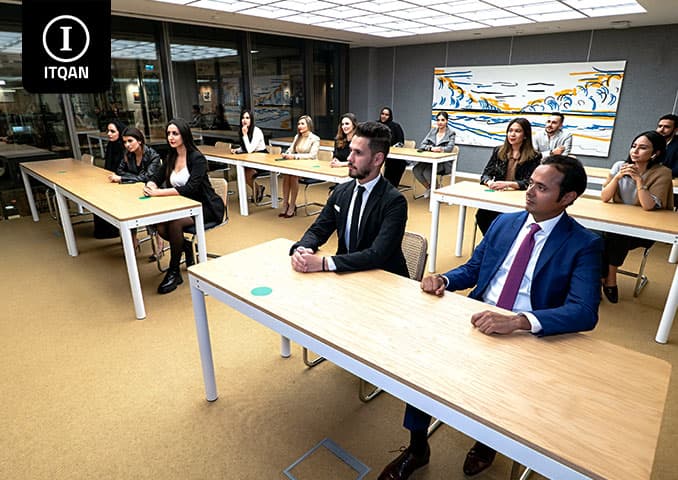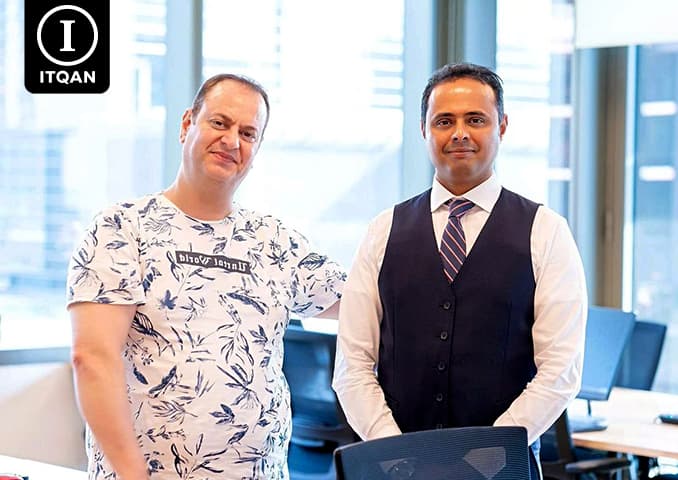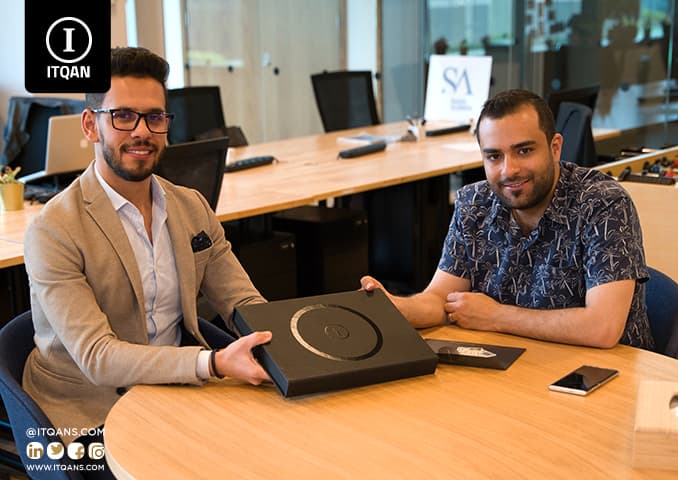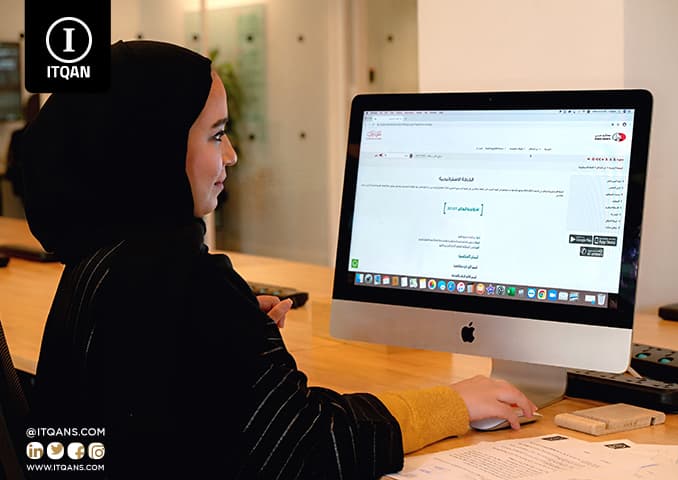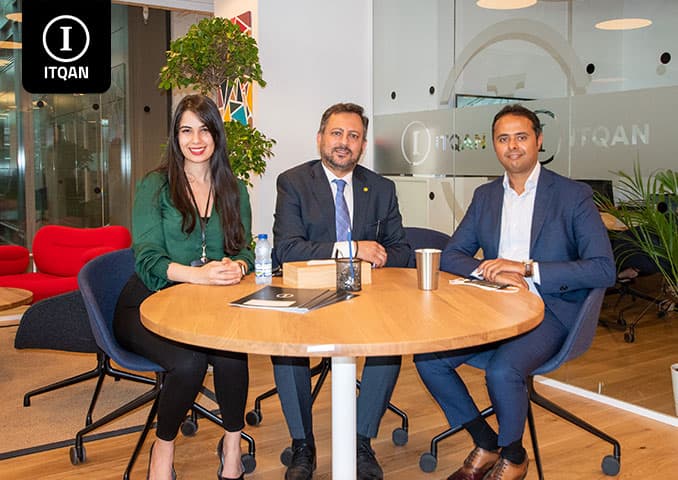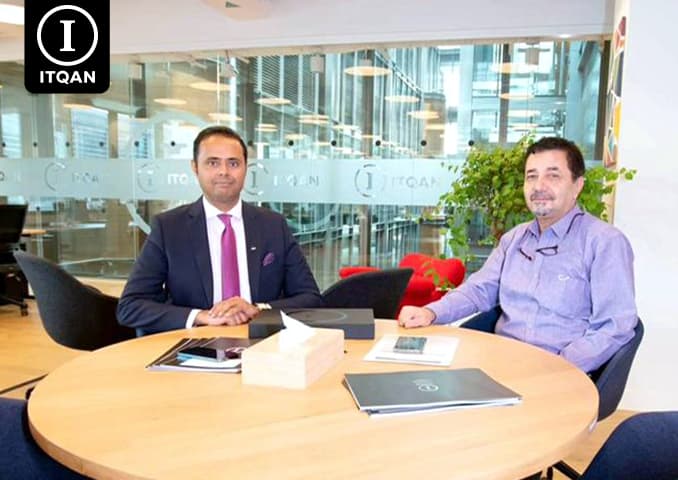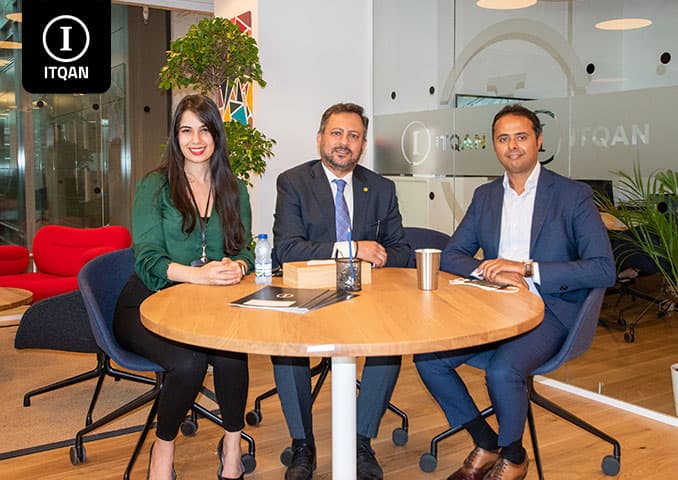The United Arab Emirates is considered one of the most prominent global investment destinations thanks to its dynamic and flexible economic environment. Thanks to its innovative economic policies, the country has proven to be a preferred destination for foreign investors looking for new opportunities for growth and prosperity. The UAE is located in the heart of the Arabian Gulf region, and enjoys a strategic location linking European and Asian markets, making it a pivotal center for trade and investment in the UAE .
The UAE offers a distinguished investment environment characterized by political and economic stability, in addition to a legal system that guarantees the protection of investors’ rights. Providing facilities to foreign investors is one of the most prominent advantages offered by the state, as it provides tax exemptions, full ownership of foreigners in free zones, and a flexible trade system. In addition, the UAE government supports innovation and technology initiatives, making it an ideal environment for modern technology and industrial companies.
The facilities provided by the UAE include advanced infrastructure, advanced logistical facilities, and global banking systems, which enhances business efficiency and contributes to achieving success. The UAE also seeks to attract investments in various sectors such as renewable energy, technology, tourism, and real estate, which provides foreign investors with broad and diverse opportunities.
The UAE seeks to strengthen its position as a global business center by providing a competitive and supportive business environment, making it an attractive destination for foreign investors seeking to invest their money and achieve their goals in a global market full of opportunities.
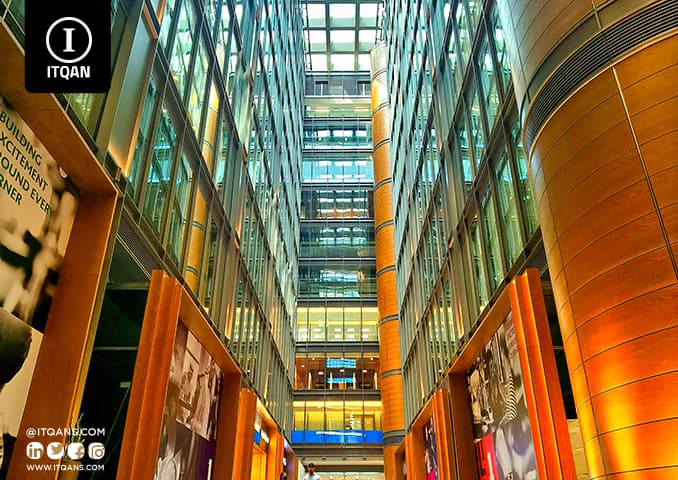
جدول المحتوى
ToggleHow to invest in Dubai
Investing in Dubai is an attractive opportunity due to the advanced economic environment, modern infrastructure, and supportive government policies for business. Here are basic steps to invest in Dubai:
- Market study: Start by studying the local market to understand economic trends, promising areas, and investment opportunities. You can search for market reports and participate in economic events.
- Choosing an investment field: Select the sector you want to invest in. Dubai is famous for various fields such as real estate, trade, technology, financial services, tourism, and others.
- Choosing the type of company: Decide what type of legal entity you want to establish. Dubai offers options such as limited liability companies (LLC), freehold companies, and public joint stock companies.
- Company Registration: Register your company with the Department of Economic Development or in the selected free zone. The registration process includes choosing a trade name, obtaining the necessary approvals, and submitting the required documents.
- Obtaining Licenses: Depending on the type of business, you will need to obtain the necessary licenses. Make sure you have the required licenses from local authorities.
- Open a bank account: After registering the company, you will need to open a business bank account. Choose a bank that offers services that fit your company’s needs.
- Find a location: If you need an office or shop, find a suitable location that suits your business. You may choose a location in a free zone or a traditional commercial area.
- Staffing: Hire the right staff if necessary. Ensure that all employees have the necessary permits to work in Dubai.
- Marketing and Promotion: Invest in marketing strategies to increase awareness of your business and attract customers. Use digital and traditional channels to reach your target audience.
- Performance Monitoring: Regularly monitor the performance of your investment and be prepared to make necessary adjustments based on market analyzes and financial data.
Dubai Investment Authority
The Dubai Investment Authority , known as the Dubai Investment Corporation (DIFC), plays a pivotal role in enhancing the investment environment and stimulating economic activity in the emirate. The Authority was established with the aim of attracting global investments and providing a distinguished work environment that meets the highest international standards.
The Dubai Investment Authority is a major driver of innovation and growth, contributing to the development and promotion of the financial and investment sector through the establishment of special free zones such as the Dubai International Financial Center (DIFC). The center provides modern infrastructure and integrated services for financial and non-financial companies, including full ownership options for foreigners, tax exemptions, and an advanced legal system in line with international standards.
The Authority also supports various investment projects by providing advisory services and assistance in project planning, which contributes to accelerating the procedures for establishing companies and developing projects. It also contributes to organizing events and exhibitions that promote investment opportunities and strengthen the network of commercial relations between local and international investors.
Through its initiatives, the Authority seeks to promote innovation and provide support to investors by providing a flexible and attractive business environment, which enhances Dubai’s position as a leading global business centre. The Authority contributes to building Dubai’s reputation as an ideal place for investment by providing a wide range of solutions and services that meet the needs of investors and support their growth.
In short, the Dubai Investment Authority represents a vital element in the emirate’s economic development strategy, enhancing its ability to attract global investments and enhance the business environment by providing integrated and innovative support to investors.
What are the investment laws for foreigners in the Emirates?
Investment laws for foreigners in the UAE enable investors to invest capital in a variety of sectors under a specific regulatory framework. The most prominent laws that foreigners must abide by include:
- Foreign ownership: Investment in free zones: Foreigners can own 100% of companies in free zones without the need for a local partner.
- Investment in land and other commercial activities: Starting in 2021, property laws were amended to allow foreigners to own up to 100% of shares in companies operating outside free zones, depending on the activity and sector in question.
- Licensing and Registration: Investors must obtain a business license from the local Economic Development Department or the relevant free zone authority.
This requires submitting documents such as the business plan, articles of incorporation, and licenses required according to the type of activity. - Taxes: The UAE offers a competitive tax environment as there are no taxes on business or personal profits in most cases, but there is a corporate tax in some sectors such as oil and gas and the banking sector.
Since January 2019, the UAE has implemented a 5% value-added tax on goods and services. - Employment: Companies must comply with local labor laws related to work visas, working conditions, and salaries.
Labor laws include ensuring workers’ rights and providing a safe working environment. - Trade and Sanctions: Companies are subject to local trade laws and must adhere to legal and ethical standards, including anti-money laundering and terrorist financing.
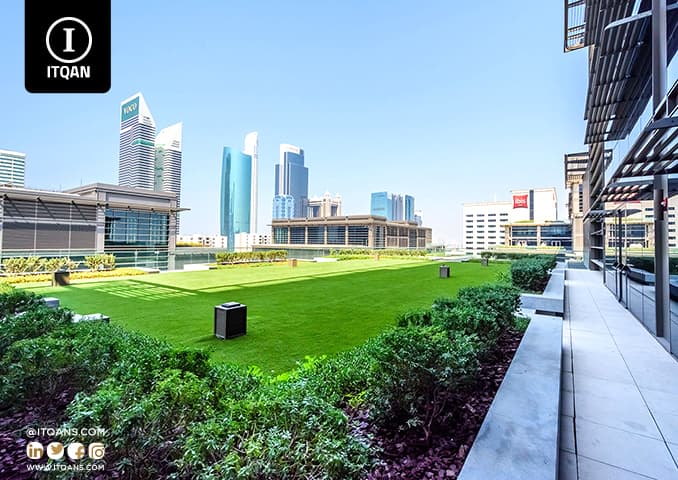
Investment opportunities for foreigners in the Emirates
Investment opportunities for foreigners in the UAE are diverse and encouraging, thanks to the supportive policies and facilities provided to international investors. Here are some key areas that offer attractive opportunities:
- Real estate sector: The UAE provides great opportunities in the real estate market, whether for investment in residential or commercial real estate. Major cities such as Dubai and Abu Dhabi allow foreigners to purchase real estate within specific projects.
- Technology and Innovation: The UAE is investing heavily in technology and innovation, providing opportunities for investors in areas such as artificial intelligence, blockchain, and financial technology.
- Tourism and hospitality sector: The tourism sector is considered one of the thriving fields, with investments in hotels, resorts, and tourist attractions.
- Renewable energy: The UAE seeks to enhance its investments in renewable energy, such as solar and wind energy, which provides opportunities for investors in this growing sector.
- Health and education sector: There is an increasing demand for high-quality health and educational services, which opens the way for investment in hospitals, schools and universities.
- Manufacturing industries: The UAE offers incentives to invest in manufacturing industries such as heavy and light industries, including the manufacturing of materials and goods.
- Financial and banking sector: With advanced infrastructure and advanced banking services, the financial and banking sector in the UAE provides great opportunities for investment.
At the conclusion of our article about investing for foreigners in the Emirates , it becomes clear that the Emirates provides a unique investment environment that combines economic stability, government facilities, and advanced infrastructure. The UAE, especially Dubai and Abu Dhabi, are considered preferred destinations for international investors thanks to supportive policies, financial incentives, and a strategic location that provides access to the markets of the Middle East, Asia, and Africa.
Free zones in the UAE are a major attraction for foreign investment, offering full foreign ownership, tax exemptions, and simplified establishment procedures. These areas provide a flexible business environment that contributes to accelerating business growth and expansion. In addition, government support and specialized advisory services contribute to facilitating the establishment and operation processes, which enhances the chances of success and expansion for investors.
The UAE also guarantees legal security and political stability, allowing foreign investors to conduct their business with confidence. Laws and regulations governing business provide clear protection for investment rights and ensure a fair business environment. Modern infrastructure also includes international ports and airports that contribute to facilitating the movement of goods and services.
In addition, the UAE provides a high standard of living and advanced services that contribute to attracting global talent, which enhances the ability of companies to expand and innovate. Through these advantages, the UAE remains a strategic destination for investment, offering wide and diverse opportunities that keep pace with the needs and aspirations of investors.
The most important frequently asked questions about investing for foreigners in the Emirates
What are the residency requirements for foreign investors?
To obtain investor residency in the UAE, foreigners must obtain a work visa or investor visa, which depends on the type of investment and the size of the company. The investor must have an official place of business, and large establishments can obtain visas for employees and families of investors.
What are the rights and duties of foreign investors in the UAE?
Foreign investors have equal rights with domestic investors in terms of protecting property and doing business, but are obligated to comply with local laws related to taxes, employment, and trade. They must also ensure that companies adhere to business laws and regulations.
What are the procedures required to obtain an investment visa?
Obtaining an investment visa usually requires submitting documents proving investment in the company, such as articles of incorporation and investment licence, in addition to undergoing medical examinations and proof of financial ability.
Are there corporate taxes in the UAE?
The UAE is characterized by a low tax system, as it does not impose taxes on profits in most regions. However, there may be specific taxes in some cases, such as a 5% VAT on some services and goods.
Are there government support opportunities for foreign investors?
Yes, the UAE government offers support programs for foreign investors that include tax incentives, soft loans, and licensing facilities. It is important to follow the programs and initiatives provided by government agencies such as the Department of Economic Development and similar bodies.




